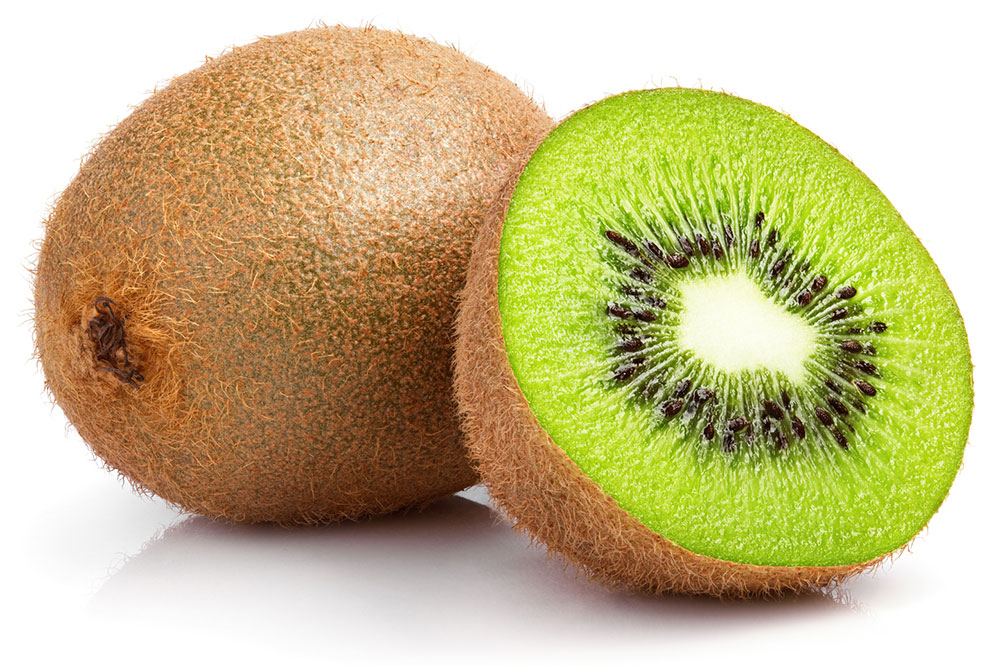
Top 6 foods to relieve constipation
Constipation is one of the most common digestive disorders, with older adults at a higher risk. One may struggle with regular bowel movements and pass stool less than three times a week when constipated. Severe cases can trigger additional symptoms that affect digestive health and function. You can manage constipation with medications and lifestyle changes. Eating the following fiber-rich foods can further relieve and speed up recovery.
Apples and pears
When eaten with the skin, apples can provide up to 4.8 grams of fiber for every 200 grams of fruit. It is also rich in a compound called pectin that helps process and move stools smoothly along the colon. Pears are also great for alleviating the symptoms of constipation, as they pack more than 5.5 grams of fiber for every 170 grams of fruit.
Kiwi, figs, and citrus fruits
Many fruits, rich in fiber and other nutrients essential for digestive function, help in constipation relief. Kiwi also helps aid stool movement and promote digestive function among those with conditions like IBS-C, which is constipation from irritable bowel syndrome. Figs and other citrus-rich fruits like mandarins, oranges, and grapefruit are also rich sources of digestive and soluble fibers when consumed with the skin.
Dark greens and leafy vegetables
Broccoli, spinach, and brussels sprouts are extremely rich sources of fiber, folate, vitamins C and K. Dark greens and leafy vegetables help add extra bulk to the stool. Brussels sprouts and broccoli can be boiled, grilled, steamed, or even roasted and be incorporated into salads and other recipes.
Artichoke
Regular and Jerusalem artichoke provide much-needed help for constipation relief. Jerusalem artichoke is the more exotic variety rich in soluble fibers called inulin. Inulin is necessary to help stimulate the growth of gut bacteria to improve stool frequency, consistency, and bulk. Jerusalem artichokes, when cooked with chicory roots, are incredibly nutritious and promote healthy digestive function.
Whole grains, oats, and seeds
Whole-grain rye bread, chia seeds, flax seeds, and oat brans are excellent sources of insoluble fibers that help promote digestive function.
Hydration
Drinking water and certain fermented beverages like kefir can help soften the stools and make them easy to pass along the colon. Yogurt is an excellent source of natural probiotics that helps improve gut health to promote digestion and stool function.
Sometimes, nutrition alone may not help. Therefore, doctors suggest medications like Linzess for chronic constipation. Linzess helps ease bloating and abdominal discomfort and promotes easy bowel movements by increasing the fluid in the intestine. It is safe to use with a doctor’s prescription and is available as an oral medication. Those using it long-term can avail of Linzess for constipation coupons and get their refills.
MOVANTIK®
MOVANTIK® prescription pill provides adults relief from constipation symptoms and helps enable better bowel movements. The prescription prevents opioids from attaching to the ‘mu-receptors’ in the bowels that trigger constipation. This type of opioid antagonist is also effective in relieving the pain while preventing the opioids in the system from inducing constipation. Often, the prescription is suggested for chronic pain management.
Drinking water can help with constipation. But drinking tap water is not safe. A water filtration system can assist in removing all contaminants and ensuring that the water is secure for routine usage. One of the leading names in the water filtration industry is Brita®. Brita offers a wide selection of pitchers, bottles, dispensers, and filters. Discover products including Brita® Ultramax filtered water dispenser, Brita® water filter bottles, Brita® water tap, Brita® whole house water filter, Brita® water on tap, Brita® 10 cup water pitcher, Brita® elite water pitcher. Use discounts when making purchases from the official website during the Brita® water filter sale sponsored by the brand.







